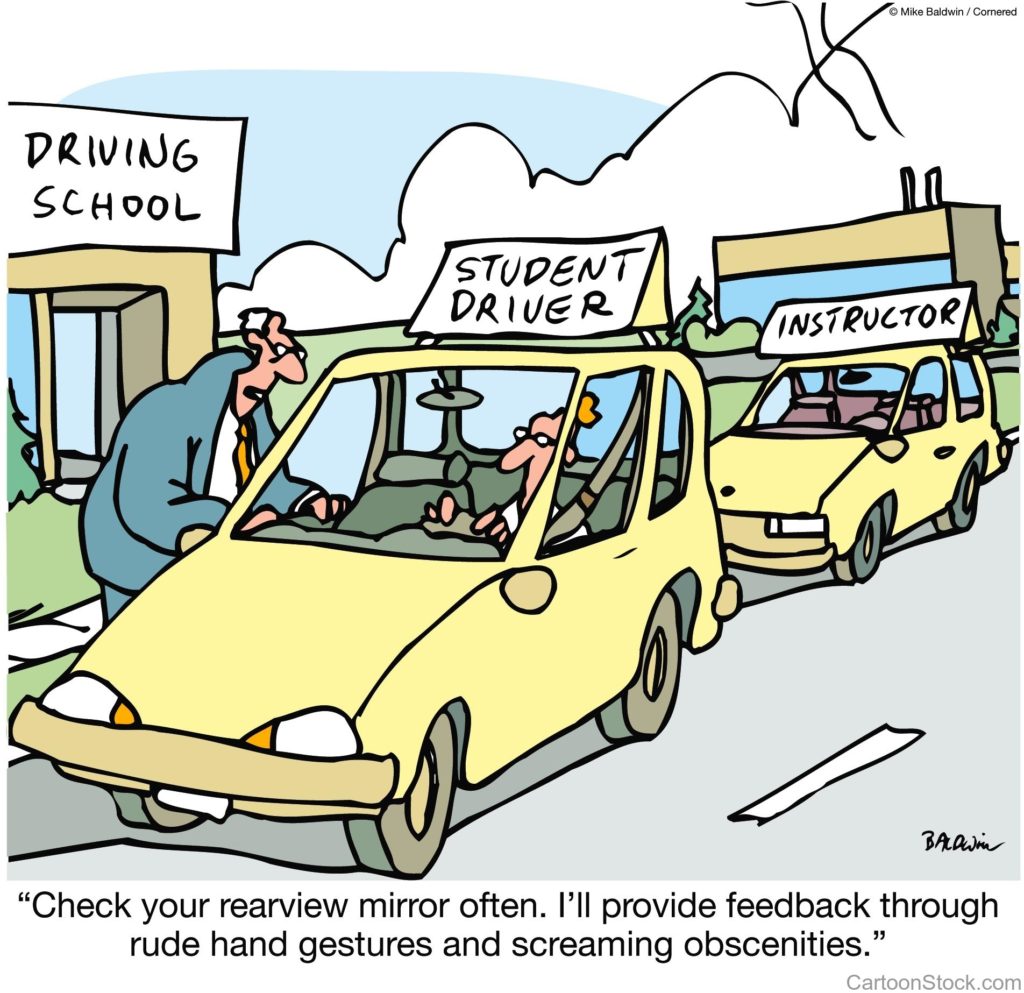
I take so much for granted.
When I turn on the tap, fresh water emerges. I get on a plane and eight hours later I’m in Europe (In Columbus’ day the voyage by ship could take six weeks to four months.) I’m often frustrated shopping at Kroger’s because the store is so big it’s hard to find certain items. (Someone living in the 19th century would be awestruck at the availability and choices.) I worship God in a beautiful air-conditioned building among friends.
I’m often oblivious to all the conveniences I have and presumptuous about their availability and benefit.
But when conveniences are removed, even temporarily, we feel the pain and loss and our appreciation for these niceties soars. Several years ago we had an extended cold front in my town that froze our water pipes, so we had to drink bottled water and melt snow to fill the toilets to flush them. My appreciation for running water spiked.
But Is it possible to train ourselves to be more aware of conveniences and grateful for them without losing them?
Here’s a mind-game you can play that may help: Find a quiet place without distractions, close your eyes, and take an imaginary journey in which you are deprived of the things you enjoy but have take for granted. An abrupt scenario would be to imagine that you’re incarcerated in a 5×10 ft cell serving a life sentence without parole. Or imagine the sudden death of a loved one. Linger on these disturbing scenarios; don’t leave too quickly.
Now open your eyes and enjoy the fact that those thoughts were fabricated. And be grateful.
How can we do this on a regular basis? A humble spirit of gratefulness will be our aid. Let’s try to live every moment embracing the blessings that envelop our lives and express to yourself, God, and others, how grateful you are. Verbalize gratefulness for small things: the warmth of a coffee cup, the view through a window, the musky smell of your dog, running water, your car, friends, books.
On my worst day I am a blessed man.
Off to Alaska!
I’ve scheduled two information meetings regarding the July 30-August 11 2025 trip to Alaska. [Here’s the brochure.]
-
-
Wednesday, October 30, 6:00-6:30 in the choir room at Stonebriar Community Church in Frisco, TX.
-
Thursday, October 31, 6:00-6:45 Zoom meeting. If you want to participate just send me your email address.
-



